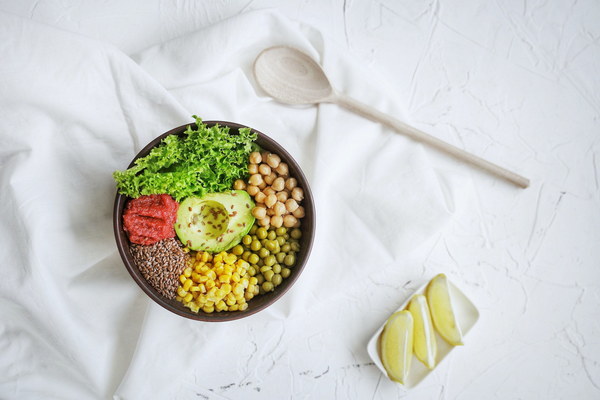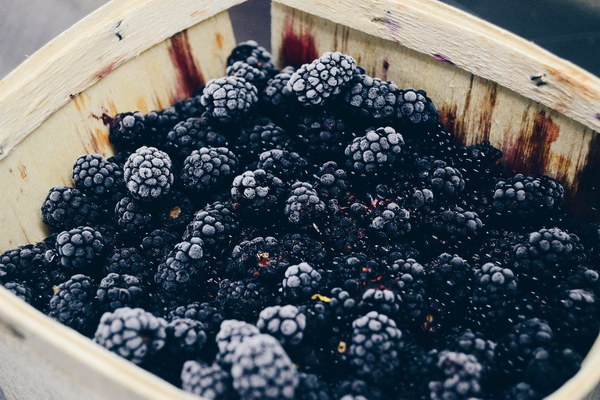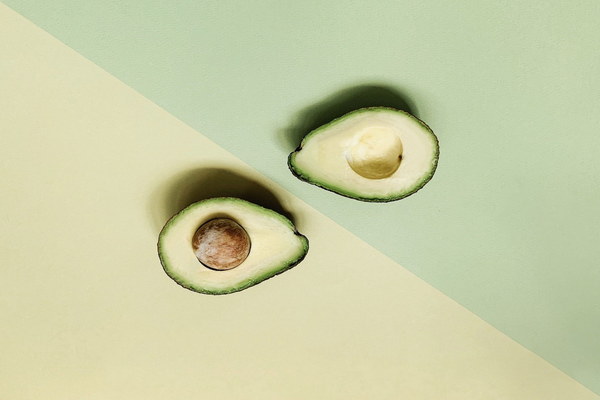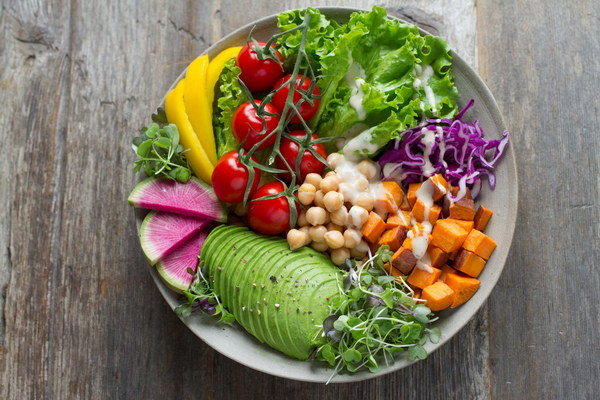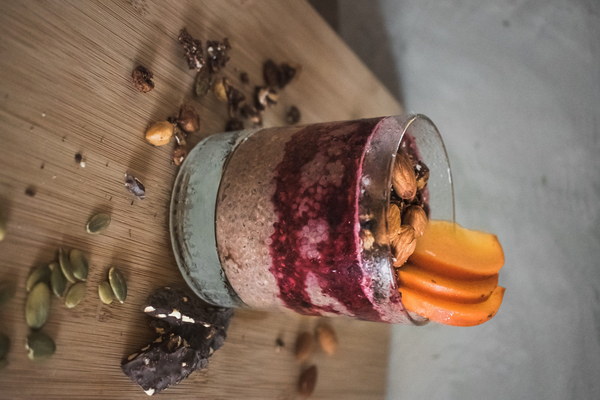Harmony of Medicines and Cuisine Unveiling the Power of Traditional Chinese Medicinal Diet
In the realm of holistic health, the fusion of medicinal herbs and culinary art has long been a cornerstone of traditional Chinese medicine (TCM). Known as Yao Shan Yi Ti or Medicinal Diet, this ancient practice combines the healing properties of natural herbs with the nutritional values of balanced meals. This article delves into the fascinating world of medicinal diet, exploring its origins, benefits, and practical applications.
I. Origins of Medicinal Diet
The concept of medicinal diet dates back to ancient China, where TCM has been practiced for over 3,000 years. According to TCM, the human body is a harmonious system of Yin and Yang, and maintaining this balance is essential for health. The medicinal diet aims to achieve this balance by incorporating herbs with specific properties to address individual health concerns.
II. Benefits of Medicinal Diet
1. Strengthening the immune system: Many medicinal herbs possess immune-boosting properties, helping the body fight off diseases and infections.
2. Promoting digestion: Herbs like ginger and turmeric can improve digestion, alleviate bloating, and reduce the risk of gastrointestinal issues.
3. Enhancing energy levels: Herbs such as ginseng and astragalus can increase energy and vitality, making them popular among those who suffer from chronic fatigue.
4. Improving mental health: Medicinal herbs like saffron and valerian root have been shown to alleviate symptoms of anxiety, depression, and insomnia.
5. Detoxifying the body: Herbs such as dandelion and milk thistle can help eliminate toxins from the body, promoting overall health and well-being.
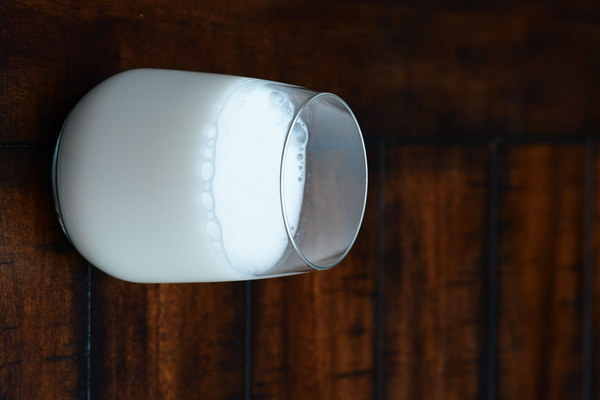
III. Practical Applications of Medicinal Diet
1. Daily meals: Incorporating medicinal herbs into daily meals is a simple way to reap the benefits of medicinal diet. For example, adding turmeric to rice or curry dishes can enhance flavor and promote digestion.
2. Teas and infusions: Brewed teas and infusions made from medicinal herbs can be consumed daily to maintain health and prevent diseases. Examples include green tea, ginseng tea, and chamomile tea.
3. Soups and broths: Soups and broths with medicinal herbs can be a comforting and nutritious meal option. Add ingredients like goji berries, dates, and cinnamon to create a warming, immune-boosting dish.
4. Seasonal remedies: Adjusting the medicinal diet according to the season can help the body adapt to changing temperatures and environmental factors. For instance, during the cold winter months, consume warming herbs such as ginger and cinnamon to maintain body heat.
IV. Precautions and Recommendations
1. Consult with a healthcare professional: Before starting a medicinal diet, it is essential to consult with a healthcare professional, especially for individuals with pre-existing health conditions or those taking medication.
2. Quality of herbs: Use high-quality, organic medicinal herbs to ensure maximum effectiveness and safety.
3. Balance and moderation: While medicinal herbs can offer numerous health benefits, it is crucial to maintain balance and avoid excessive consumption. Overdose can lead to adverse effects.
4. Personalization: Tailor the medicinal diet to individual health needs and preferences. Each person's body reacts differently to herbs, so it is important to find the right combination that works for you.
In conclusion, the medicinal diet, or Yao Shan Yi Ti, represents a harmonious blend of traditional Chinese medicine and culinary art. By incorporating medicinal herbs into daily meals and lifestyle, one can experience the benefits of this ancient practice, leading to improved health, vitality, and well-being.
